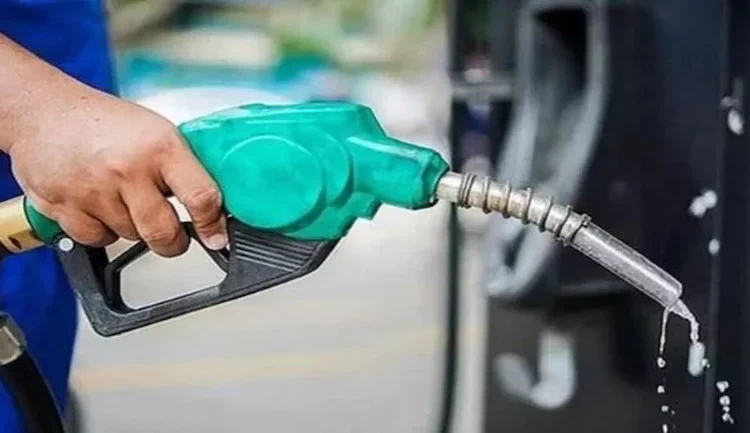The return of fuel queues in Lagos and its environs has once again brought to the fore the arguments on the removal of fuel subsidy.
While the fuel situation worsened in Lagos, residents of the Federal Capital Territory ( FCT) have been experiencing fuel scarcity for four to five months now. In Abuja, it is the new normal. The question is for how long are we going to continue like this? According to reports fuel subsidy bills may hit N6trillion this year.
Different groups have been blamestorming on why the queues have returned but Nigerians are tired of excuses. They just want fuel – pure and simple. So how do we solve this perennial fuel scarcity once and for all?
Minister of Finance, Budget, and National Planning, Mrs. Zainab Ahmed has said the huge amount being spent on payment of fuel subsidy is limiting the ability of the federal government to service it is over N40trn debt burden. This is not sustainable .
However, President Muhammadu Buhari in an interview with Bloomberg has said though his administration planned to remove fuel subsidy last year, further consultation with stakeholders as well as events that unfolded this year made the move increasingly untenable.
The president also chastised the International Monetary Fund (IMF) and World Bank for insisting on subsidy removal in Nigeria when some of the western economies also administer subsidy.
No doubt, Nigeria is between a rock and a hard place. No government has succeeded in removing subsidy and the administration of President Buhari has tactically pushed the burden to the next administration.
I know that removing subsidy without local refining of petroleum products is a recipe for disaster. The price of everything will triple and may lead to social unrest in the country worse than the Endsars protest. Everything in Nigeria is related to the price of fuel. An Akara seller or groundnut seller will increase his price and when you ask them why ,they will attribute it to an increase in fuel price.
Apart from Lagos and Abuja, most fuel stations in most states sell fuel above N165. So what exactly are we subsidising.
The government has been waiting forever for Dangote refineries to start to bail them out and the opening keeps getting postponed.
I keep getting the question all the time, how much does it cost to establish a refinery? the over N4 trillion spent so far would have gone a long way in establishing a refinery.
Also, the government should forget about the rehabilitation of any of our refineries as it is just a waste of money. The refineries should be sold period. For over 10 years we have had people working in those refineries and they are collecting salaries every month and yet we have not even refined a single drop of oil.
There are enormous benefits in refining locally. Apart from saving forex and subsidy, we will have diesel and aviation fuel readily available. Airfares will crash and all.
Again, we have plenty of youths refining petrol illegally in the Niger Delta. Why not convert most of those illegal refineries to modular refineries that can take care of the needs of the region.
Also, the federal government should put an end to the monopolistic privilege enjoyed by the Nigerian National Petroleum Corporation, NNPC. Recall that NNPC currently enjoys a monopoly on the importation and supply of petroleum products into the country.
The truth is the humongous fuel subsidy bill is no longer sustainable. Something got to give.





